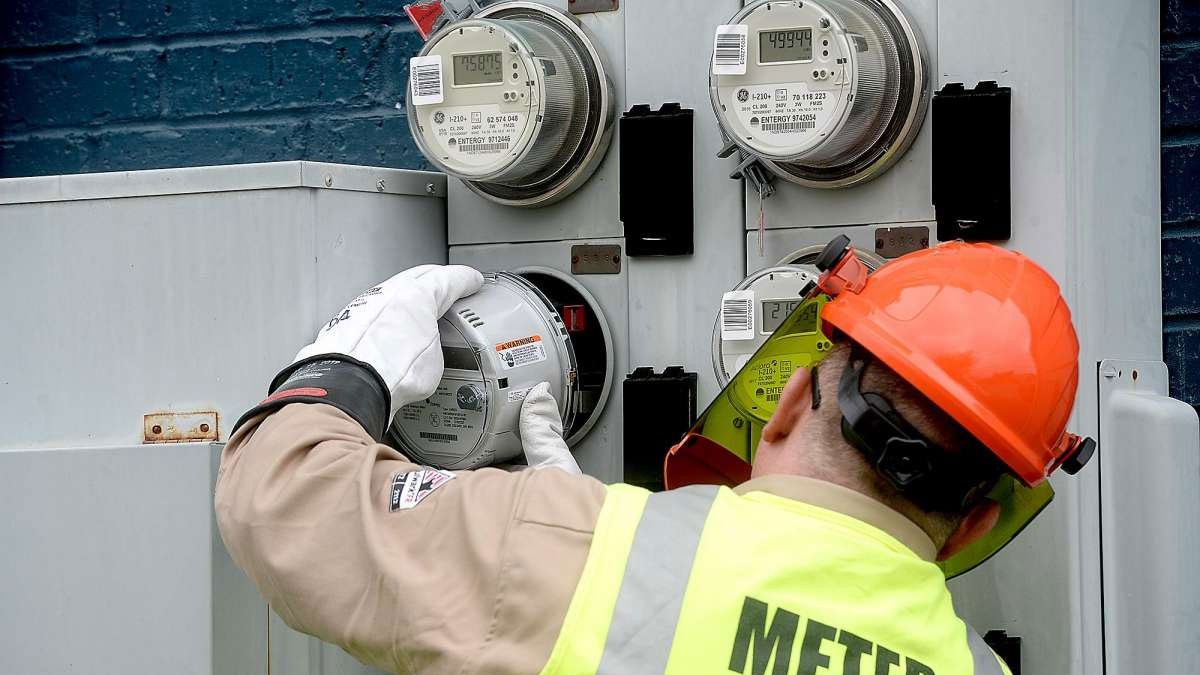Emergency Ordinance 118/2021: Eurelectric, EFET, WindEurope Challenge the Compatibility of the Clawback Mechanism with EU Law
Eurelectric, EFET and WindEurope, the European associations representing the electricity sector, have sent a letter to European Commission leaders concerning the adverse effects of the Emergency Ordinance 118/2021, especially Article II (previously: amendment 11). The associations challenge the compatibility of this clawback mechanism with EU law.
On 29 October 2021, Romania adopted a new Ordinance 118/2021 on urgent measures to manage the effects of rising energy bills. The Ordinance immediately came into force on 1 November.
The Ordinance contains several welcome measures to alleviate the burden of the current rise in energy prices on end-consumer bills, such as direct financial support to consumers or a reduction of taxes and levies, which are compatible with EU rules and recommendations.
However, article II introduces a clawback mechanism for power generators, aimed to capture revenues considered ‘excessive’ in relation to current prices. In the final text of the Ordinance, the clawback mechanism has been restricted to renewable and low-carbon power generation.
EFET, Eurelectric and WindEurope challenge the compatibility of the clawback mechanism with EU law. They acknowledge the Romanian government’s concerns about the affordability of energy supply to its citizens and industry. However, these associations regard the introduction of a clawback mechanism on renewable and low-carbon power generation to be ill-advised as it misses the aim to protect consumers from rising prices:
- It creates significant short-term market distortions in Romania and the wider region
- It introduces discrimination between producers of electricity based on generation technology
- It reduces the confidence of investors by introducing high regulatory uncertainty
- It puts the energy transition at risk in the long run
Ordinance 118/2021 introduces several measures aimed to protect Romanian consumers from the recent rise in energy prices. The associations appreciate the intention of the Romanian government in that regard, and welcome measures such as the compensation of invoices for domestic consumers or the reduction in taxes, which are fully compatible with the recent toolbox presented by the European Commission.
“We are also pleased to see that following the intervention of market participants, the original draft Amendment 12 to GEO 118/2021 – establishing a limit on seller profits in the wholesale market – was withdrawn from the final text of the Ordinance.
However, the original draft Amendment 11 remains in the GEO 118/2021 as article II, introducing a clawback mechanism on renewable and low-carbon power generators: from 1 November 2021 until 31 March 2022, sales from renewable electricity, hydro, and nuclear power generation at prices above 450 LEI/MWh (app. 90 EUR/MWh) will be taxed expost at 80%.
With this tax, the clawback mechanism modifies the relative costs of different technologies. Against the recommendations of both the European Commission and ACER, the mechanism directly interferes with market dynamics:
- RES, hydro, and nuclear generators subject to the clawback and normally providing low-cost electricity may reduce production when they can
- The missing energy will be replaced by coal and gas generators, which are not subject to the clawback but provide comparatively more expensive electricity – or by imports.
With cheap volumes disappearing from the merit order and being replaced by more expensive bids (from Romania or neighbouring countries), the marginal spot price of electricity risks rising even higher. As a result, rather than stabilising prices, the clawback mechanism risks exacerbating price spikes in Romania and the wider region, to the detriment of consumers.
Further, the clawback mechanism discriminates between electricity producers as it applies to renewables and low-carbon generation, while fossil-fuel generators (coal, gas, and CHP) are exempted from the mechanism. This creates an unlevel-playing field between market participants and distorts the signals for the dispatch of power generation in Romania and the region – with a direct risk to increase Romania’s CO2 emissions in the short term.
In the longer term, it also sends the wrong signal to all the actors of the energy transition in the country. Romania, like many EU Member States, radically needs investment in renewables, but also in innovative technologies that will support the transition, e.g., demand response, electricity storage and power-to-X. The adoption of the clawback mechanism, without an impact assessment or a public consultation, is a highly negative signal towards investors. With degraded legal certainty, investment in new capacity in renewables and innovative technologies will at best become more expensive, and, at worst, not materialise. In the end, consumers will foot the bill of an energy system made more expensive by a measure that was supposed to protect them,” – the letter reads.
Conclusions and recommendations
EFET, Eurelectric and WindEurope fully support the wish of the Romanian authorities to protect vulnerable citizens from peaks in energy prices. They firmly believe that the market is playing its part in ensuring stable and affordable energy prices for consumers. When additional support measures are necessary, European rules and recommendations provide the framework for a range of solutions that do not negatively affect the functioning of the energy and emissions markets, or the ability of the sector to pursue the energy transition. These measures all support vulnerable customers without jeopardising the ability of the market to serve them in a cost-efficient manner in the long run.
Article II of the Romanian Ordinance 118/2021 creates immediate and significant distortions in the market, as well as uncertainty for long-term investments in the energy transition in Romania and beyond. EFET, Eurelectric and WindEurope call on the European Commission to immediately express its concern about the compatibility of article II of GEO 118/2012 with Regulation 2019/943 and EU Treaty provisions on the protection of investors. They also urge the European Commission to start a dialogue with the Romanian government with a view to the suppression of article II of GEO 118/2021.







